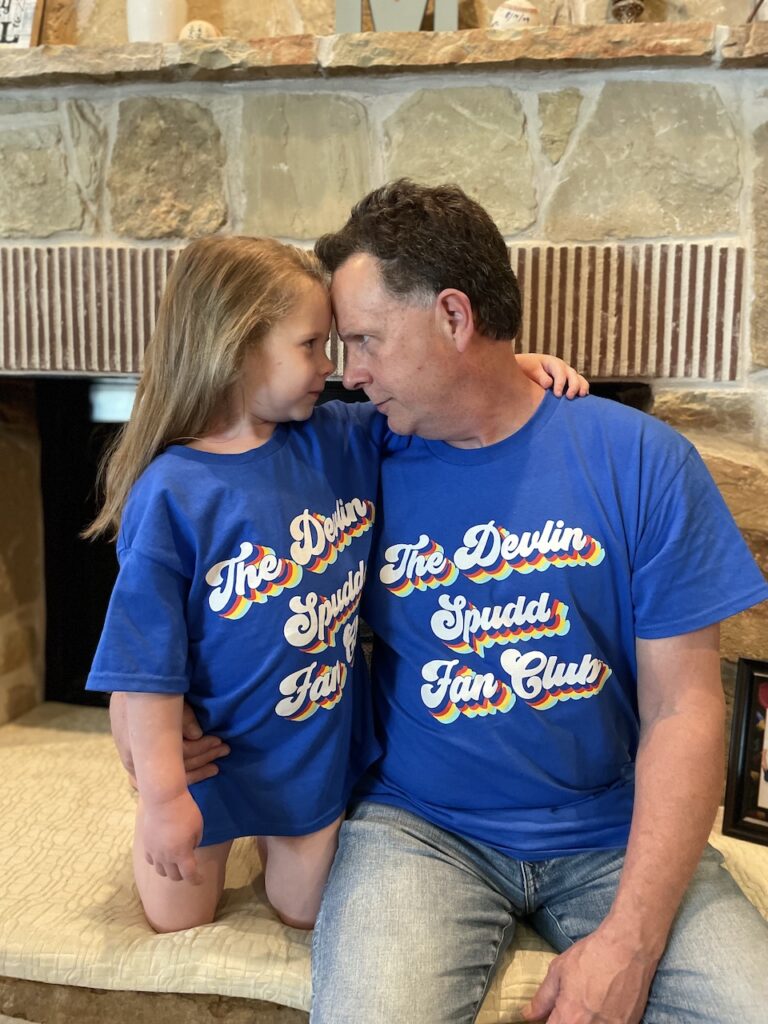The Punctuation Personality Test

Ever seen those clickbait ads/quizzes on Facebook or Yahoo? What kind of Thanksgiving dish are you? or We can guess your home state in ten questions! Maybe, These are the 10 worst movies ever!
Trite, vapid, unreliable, are these vain attempts to elicit the desired click. And if you click, you’ll be bombarded with pop-up ads and schemes to wrest your personal information and wallet. Before life was lived on devices, there were racks of tabloids at the grocery checkout. But now our senses and sensibilities are incessantly assaulted from the privacy of home.

When I worked and practically lived at Wheeling High School, we English teachers frequently engaged in friendly banter about all things English. (This seems unrelated, but I’m going somewhere. Hang with me.) We’d argue about the best novel (Crime and Punishment) or short story (The Storyteller), discuss which Langston Hughes poem touched us deeply (A Dream Deferred), wage war over the superiority of various grading utensils (my vote: Precise V5, extra fine, green or blue). Sometimes, we’d fill the large white board with opinions, maybe even vote on a topic.
One of our longest, most contentious exchanges grew out of a simple question: What is your favorite piece of punctuation. Before you dismiss this as sheer nerdiness unrelated to your life, hear me out. This isn’t mere foolery; answers reveal key aspects of personality. This ain’t just me talking. Longitudinal scientific studies have been conducted by prestigious universities, thousands of people quizzed, all leading to solid, honest to goodness conclusions.
Before you read on, first answer the simple question. What is your favorite piece of punctuation? I’ll wait. (If you don’t know what punctuation is…yeah, I’m not really sure what to say. Google it.)
What follows is a thumbnail synopsis of thirty-one published, double bind, gold standard studies. Disclaimer: I don’t cover every punctuation mark because some of them bore me.
The Period (.) Those who chose this are black and white thinkers, committed to finishing tasks. You are thorough and meticulous, turning off every unnecessary light and double-checking the doors before you go to sleep. Old school and proud of it. You will finish watching a lousy movie, reading a boring book, and will read this post to the end. But you will finish.
The Comma (,) A hopeless multi-tasker, you likely schedule too much in your day, believing you have 30 hours when the rest of us have only 24. Sometimes slow, sometimes even plodding, but never deterred, according to the Harvard study. You achieve great things, but you may not know where your keys at this moment. No matter-on to the next project.

The Exclamation Point (!) High octane, you burn the candle at both ends and probably in the middle. Believing life is best lived at F-5 intensity, you scorn the trailer park personalities in your vicinity. Some may deem you overzealous, but what’s wrong with high-fiving over a good parking spot or weeping at a Hallmark commercial for A Single Mom Celebrates a Royal Christmas in a Snowbound Dickens Village? Life is amazing!
Ellipses (…) Full of ideas and intentions are you, there are simply too many worthy causes and not enough time. The good news is you rally others around you, spurring them on to good works, inspiring and leading. Others may view incompletes as failures, but you see ongoing opportunities. The National Procrastination Bureau (NPB) calls you a “master of getting others to finish what you began.” I concur.
The Dash (-) or Ampersand (&) Like a rare bottle of wine or hidden gem, you labor in obscurity. Don’t worry. Akin to Emily Dickinson, Jim Croce, or Van Gogh, your genius will be unveiled, celebrated, and appreciated. Unfortunately, it will be decades after you depart from this life. In the meantime, avoid small planes and don’t slice off an ear. It’s not worth it.

The Question Mark (?) You’re an intellectual, brimming with curiosity to the point of annoying others. Google is your salvation, answers in nanoseconds! As a civilization, without your help, we would have never advanced beyond Medieval bloodletting and the Vicary Method for treating the plague. (Check it out HERE-they strapped a live, plucked chicken to infected spots to draw out the disease.)
The Colon (:) Clever and organized, that’s you. Not simply a list-maker, you comprehend the subtle shades of the color palette. Deep as the ocean and just as murky sometimes. Like your favorite punctuation, you are multi-faceted. Sure, a colon announces a series of ideas, but it’s not merely a glorified period. Most don’t know a colon can separate two sentences. Most don’t know–you do. Oh, you are deep.
The Semicolon (;) The king, president, emperor, and sultan of punctuation, it wields a powerful scepter in the world of grammar. Semicolon aficionados embody all that is good in humanity with nary a flaw in mind, body, or soul. Funny, beloved, and compassionate, these select few are the envy of all, on even your worst day. You bond easily with others, strengthening them, you, and all of society. While others strive for a single outstanding characteristic, you are likely athletic, intelligent, good-looking, and accomplished. And, of course, humble, always humble. Coincidentally, this is my favorite piece of punctuation.
You may disagree with these data-driven conclusions. Remember, this is science talking, not some retiree with delusions of grandeur. Trust me; I read it on Buzzfeed.









Had a neighbor, we called him semi colon. Cancer got most of it. Love, Balls
Sorry for the dude. It’s a funny nickname though.
The semi colon
All the way!
You da man!
Obviously the exclamation point!!!!!!
You are an exclamation point-that’s why I married you!
Lucky youuuuuu!!!!
Funny, I love semi-colons; whether in writing frivolity or in a written court report. See, that feels pretty good. I like ellipses too…something about the dots and I always use three dots. I like the spacing, the unsaid verbiage and using them in quotations where I can pick where I begin and end.
Fun read.
The apostrophe for two reasons: firstly, the apostrophe is clearly a grammatical must have in writing; but, secondly, I like it because it also means “turning.” For example, you see a character talking to someone who just doesn’t want to listen. So the character keeps talking, figuratively, turning and talking to an inanimate object like the moon, a chair, dust. Fascinating
At first I thought you were talking about possessive and contraction version of apostrophe. But no-you’re big time! Direct dialogue to a non-living or absent character. Well played, Mo. Well played.